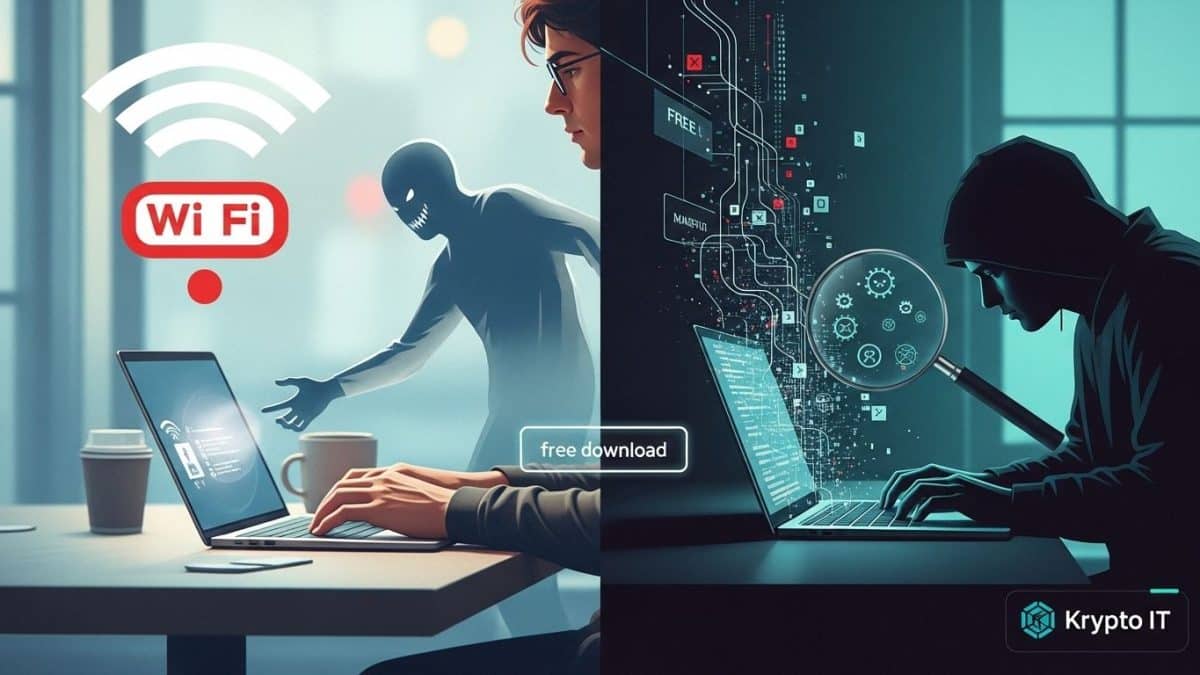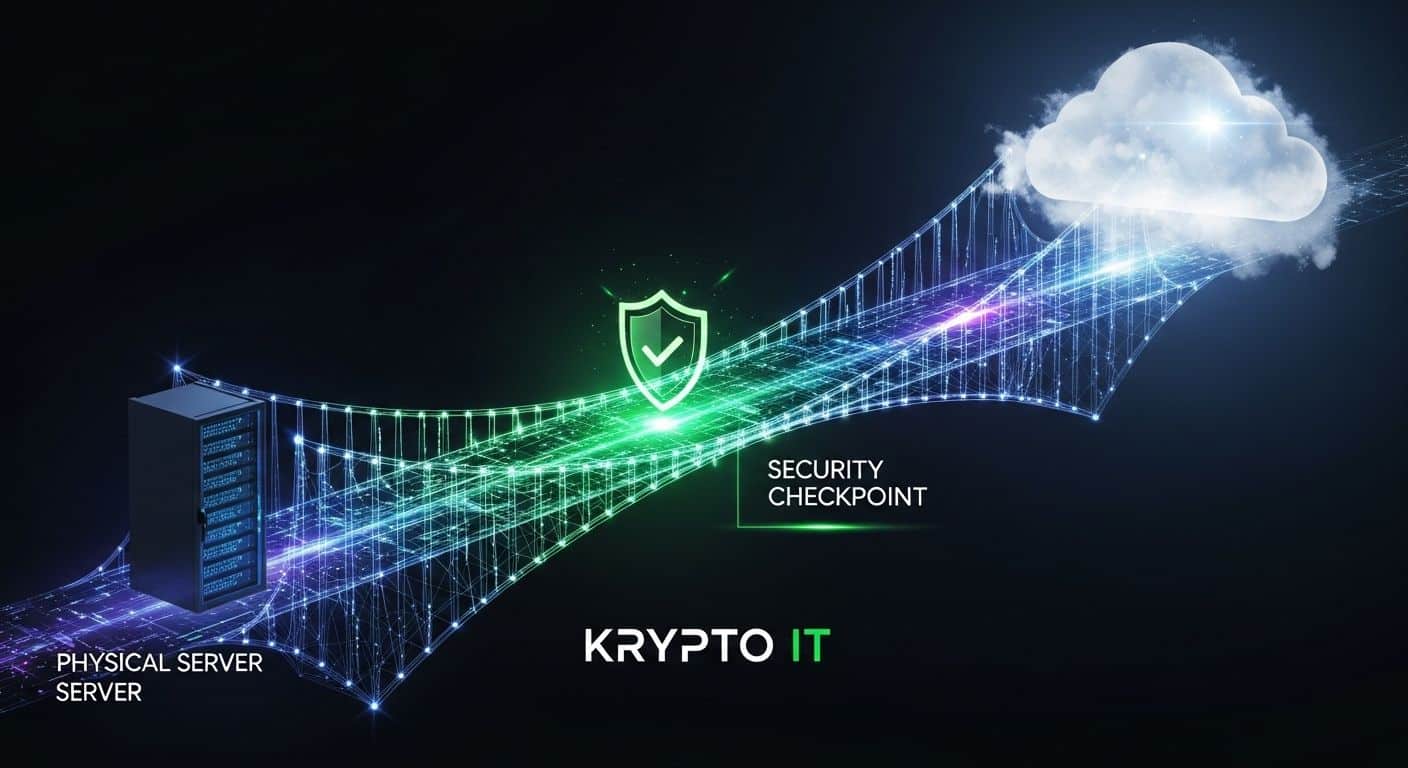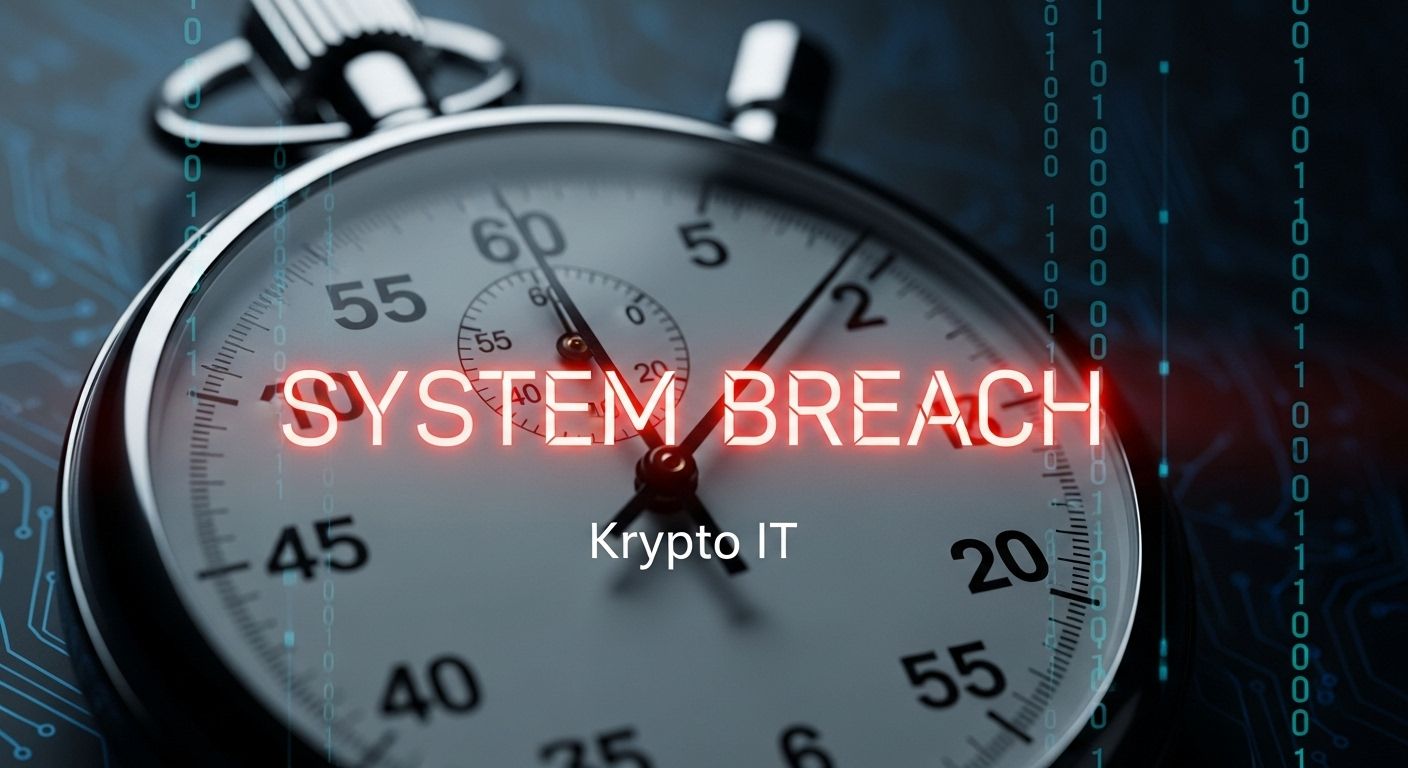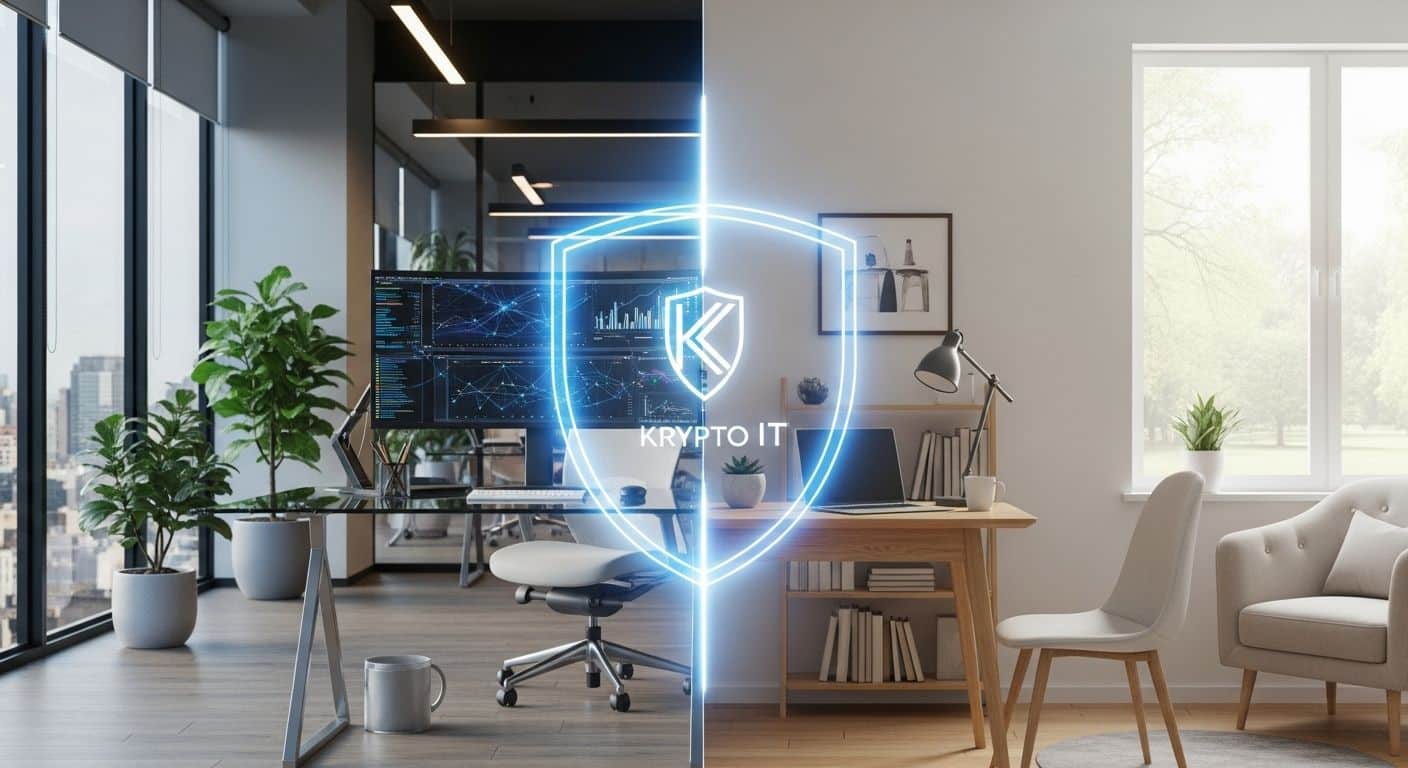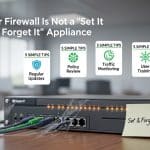
Your Firewall Is Not a “Set It and Forget It” Appliance: 5 Simple Tips for SMBs
September 28, 2025
Are You a Victim of Your Own Success? How to Scale Your Network Securely
September 30, 2025For many small to medium-sized businesses (SMBs), the modern workspace extends far beyond the Houston office. Employees are working from home, collaborating in coffee shops, and catching up on emails at the airport. This flexibility is great for productivity, but it introduces significant, often-overlooked security risks, particularly when employees interact with free software and public Wi-Fi.
If your employees think of free Wi-Fi as a perk and free software as a harmless download, your business is at risk. At Krypto IT, we call this the “convenience vs. security” trade-off. It’s time to arm your team with the knowledge to make them your strongest line of defense.
The Siren Song of Public Wi-Fi
Public Wi-Fi—found at airports, cafés, and hotels—is inherently insecure. It’s built for convenience, not privacy. When your employee connects their work laptop to “Airport Free Wi-Fi,” they are opening the door to several serious threats.
1. Man-in-the-Middle (MITM) Attacks
This is the most common danger. A hacker can easily set up a fake Wi-Fi hotspot with a name like “Free Hotel Guest Wi-Fi.” Once your employee connects, all their data—logins, emails, and sensitive files—passes through the hacker’s device first. The hacker sits quietly in the “middle,” spying on everything.
2. Eavesdropping and Session Hijacking
On unsecured public networks, data is often transmitted without encryption. A skilled attacker can “listen” to the data passing over the network, potentially stealing session cookies that allow them to impersonate the employee and access their accounts (like email or cloud storage) without needing a password.
The True Cost of “Free” Software
Downloading a free PDF reader, a quirky browser extension, or a cool new utility might seem harmless, but these “gifts” often come with strings attached that compromise your entire network.
1. Bundled Malware and Adware
Many free programs (especially those outside official app stores) are bundled with malicious or unwanted software. The installer might ask you to agree to a complex license agreement that secretly allows the program to install spyware or adware—software that tracks user behavior and drains system performance.
2. Shadow IT and Compliance Risks
“Shadow IT” is any hardware or software used by employees without IT approval. When an employee downloads a free file-sharing service to bypass company limits, or uses an unauthorized communication tool, it creates a massive compliance gap. This exposes sensitive company and client data to platforms that Krypto IT cannot monitor or secure.
3. Hidden Vulnerabilities
Proprietary, paid software is often maintained, patched, and audited by large companies. Free, open-source, or niche tools may be abandoned by their creators, leaving unpatched security vulnerabilities that hackers can easily exploit to gain network access.
How to Turn Your Team into a Security Shield
Instead of panicking about what your employees might do, empower them with clear, simple policies. Here’s what we recommend to our SMB clients in Houston:
1. Mandatory VPN Usage for Public Wi-Fi: The single most effective defense is a corporate-grade Virtual Private Network (VPN). A VPN encrypts all data sent between the employee’s device and the company network, making it unreadable to anyone on a public Wi-Fi network. Krypto IT recommends making VPN use mandatory before accessing any company resource outside the office.
2. Implement a Software Whitelist: Stop the download free-for-all. Implement a policy that specifies exactly which applications are approved for use on company devices. If the software isn’t on the list, it’s not allowed. This eliminates Shadow IT and unauthorized installations immediately.
3. Enforce Strict Password and MFA Policies: If session cookies are stolen on public Wi-Fi, Multi-Factor Authentication (MFA) acts as the final gate. Even if a hacker steals login credentials, they cannot access the account without the second factor (like a code from the employee’s phone).
4. Continuous Security Awareness Training: Security isn’t a one-time lecture; it’s a constant effort. Employees should be trained to:
- Never click “Accept” blindly on software installation agreements.
- Check the full name of a Wi-Fi network to ensure it’s legitimate.
- Use mobile hotspots (which are generally safer) over public Wi-Fi whenever possible.
Don’t Leave Security to Chance
Your SMB’s digital life is defined by the choices your employees make every day. Relying on luck when dealing with public Wi-Fi and free software is a gamble your business cannot afford to lose.
Krypto IT specializes in managing security for remote and flexible workforces. We can implement centralized VPN management, deploy endpoint protection, and provide the ongoing security awareness training your team needs to transform them from your biggest risk into your strongest defense.
Contact Krypto IT today for a consultation to secure your employees, no matter where they are working.

